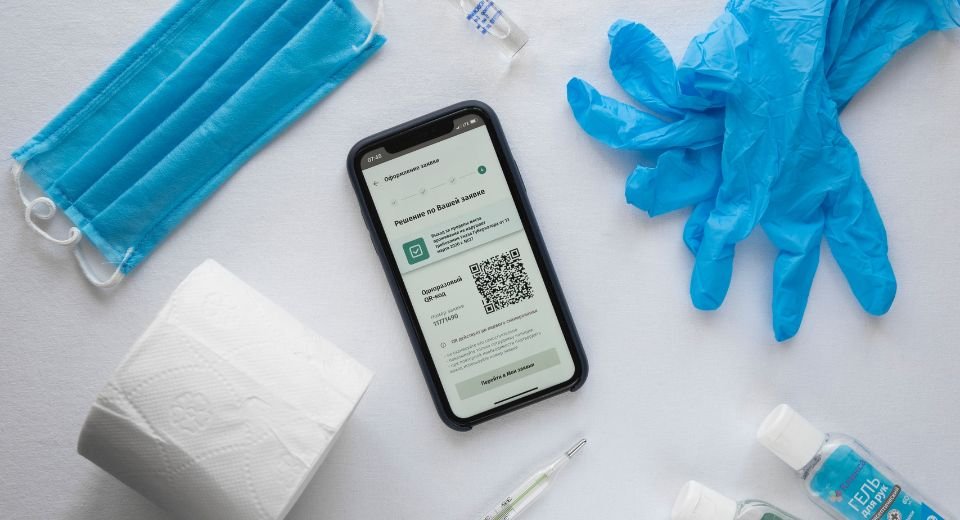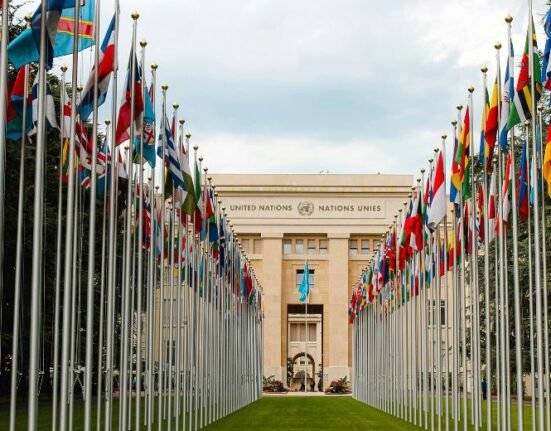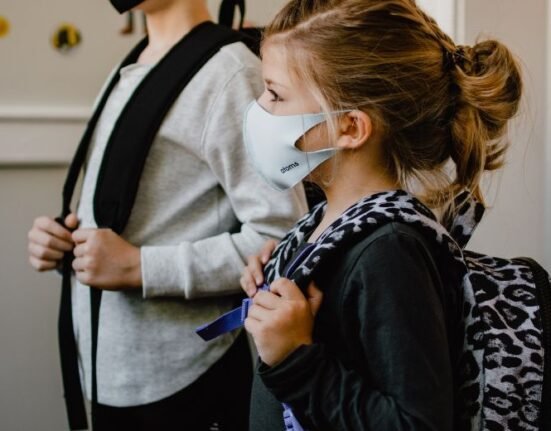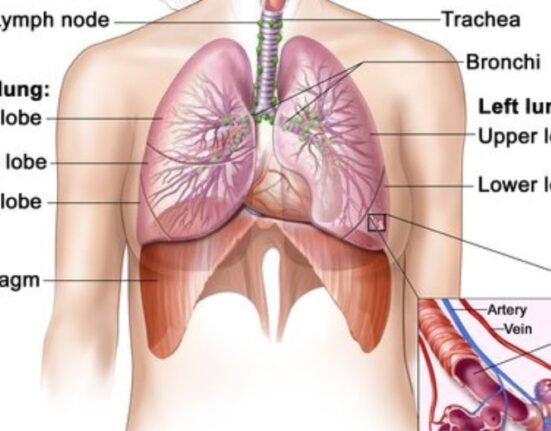HQ Team
December 15, 2022: The criteria for ending Covid-19’s tag as a global health emergency will come up at a WHO’s committee meeting next month, director-general Tedros Adhanom Ghebreyesus said.
“We’re hopeful that at some point next year, we will be able to say that COVID-19 is no longer a global health emergency. The criteria for declaring an end to the emergency will be among the topics of conversation when the emergency committee meets in January,” Terdos said.
The Covid-19 virus has more than 6.5 million lives globally.
Last week less than 10,000 deaths were registered.
“That’s still 10,000 too many – and there is still a lot that all countries can do to save lives. Of course, this virus will not go away. It’s here to stay, and all countries will need to learn to manage it alongside other respiratory illnesses, including influenza and RSV, which are now circulating intensely in many countries,” Terdos said.
The world will face many challenges in 2023. “Only one in five people in low-income countries has been vaccinated; access to diagnostics and life-saving treatments for COVID-19 remains unacceptably unaffordable and unequal.”
Covid-19 burden to rise
The burden of the post-COVID-19 condition is only likely to increase;
And significant gaps in surveillance remain, which is a weakness not only for detecting new variants of COVID-19 but also for monitoring the spread of other infections, he said.
As we look to end this emergency, we still need to understand how it began.
“We continue to call on China to share the data and conduct the studies that we have requested to understand the origins of this virus better,” he said.
“An advanced medical care system differs from a robust public health system.”
One of the other critical lessons of the pandemic is the need for much more robust cooperation and collaboration, rather than the competition and confusion that marked the global response to COVID-19.
Last week, WHO’s Member States agreed to develop the first draft of a legally binding accord on pandemic prevention, preparedness and response based on equity, solidarity and sovereignty principles.
‘Zero draft’
Member States will begin discussing this “zero draft” of the pandemic accord in February.
Even as the COVID-19 pandemic improved during the year, the world witnessed many other emergencies.
The global outbreak of mpox – a disease that was primarily unknown outside of Africa – took the world by surprise, he said.
More than 82,000 cases have been reported from 110 countries, although the mortality rate has remained low, with 65 deaths.
The number of weekly reported cases has declined more than 90% since WHO declared a public health emergency of international concern in July.
“If the current trend continues, we are hopeful that next year we will also be able to declare an end to this emergency.”
Likewise, with no new cases in more than two weeks and no patients being treated at the moment, the countdown to the end of the Ebola outbreak in Uganda has begun. If no new cases are detected, the outbreak will be declared over on January 10.








